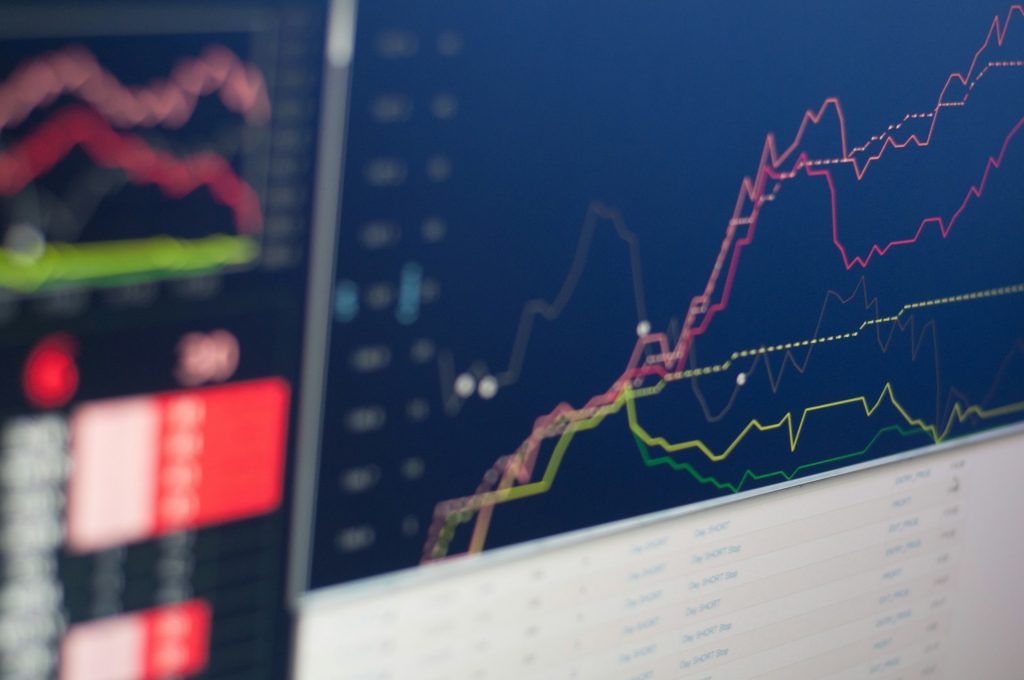Tariff Deal Eases Market Uncertainty
South Korea’s KOSPI index surged to a new intraday high after the country finalized a trade agreement with the United States, significantly reducing market uncertainty. However, as institutional investors began offloading shares, the market’s early gains faded, leaving the index relatively flat by mid-morning.
On July 31, the KOSPI opened strong and quickly rose to 3,288.26 — its highest intraday level since August 6, 2021 — breaking through the 3,280-point mark for the first time in nearly four years. While both retail and foreign investors turned net buyers, a wave of institutional selling erased most of the gains, pushing the index back into neutral territory. Notably, retail investors, who had been net sellers of KOSPI stocks for six consecutive trading sessions, shifted to net buying for the first time in over a week.
Shipbuilding Stocks Rally on Fund Allocation
The market responded to sector-specific details of the agreement. Out of the $350 billion South Korea pledged to invest in the United States, $150 billion will be directed toward a shipbuilding cooperation fund. This announcement triggered sharp gains in shipbuilding stocks. Hanwha Ocean climbed over 13% by 11:00 a.m., while other industry leaders such as HD Hyundai Heavy Industries, HD Hyundai Mipo Dockyard, and HD Korea Shipbuilding & Offshore Engineering also saw significant gains.
Auto Sector Weakens on Tariff Outcome
Conversely, automotive stocks came under pressure. Shares of Hyundai Motor and Kia Motors dropped by approximately 3–5% amid investor disappointment over the final terms of the automobile tariff adjustment. Although the overall tariff was lowered to 15% — aligning with the 2.5% base tariff plus an additional 12.5% product-specific levy similar to that imposed on Japan and the EU — South Korea’s request to completely eliminate the 2.5% base due to its FTA with the U.S. was rejected.
Analysts See Mixed Outlook
Despite some negative reactions in specific sectors, analysts viewed the broader resolution as a net positive. Lee Jae-man, an analyst at Hana Securities, noted, “The easing of export-related uncertainty is a favorable development, particularly as it limits the potential damage to South Korea’s automotive sector. However, higher effective tariff rates compared to the past could weigh on overall export recovery, and rising U.S. energy imports may reduce South Korea’s trade surplus.”
KOSPI and KOSDAQ Market Snapshot
As of 10:46 a.m., the KOSPI was trading at 3,262.64, up 8.17 points (0.25%) from the previous day. Earlier in the session, it had opened at 3,275.78 — a gain of 21.31 points (0.65%) — and peaked at 3,288.26 before retreating.
Retail and foreign investors posted net purchases of ₩138.2 billion and ₩165.7 billion, respectively, while institutions led the sell-off with net sales of ₩350.5 billion.
Among blue-chip stocks, Samsung Electronics fell 0.69%, with Samsung Biologics and Samsung C&T also slipping by 1% and 3%, respectively. On the other hand, SK Hynix rose by approximately 3.4%.
Hanwha Aerospace gained 2.05% to reach ₩997,000. The stock briefly hit ₩1,035,000 earlier in the session, entering the elite “emperor stock” category — a label reserved for shares trading over ₩1 million. The rally was fueled by news of record-breaking Q2 operating profits.
Trump Announces Tariff Reduction Following Negotiations
U.S. President Donald Trump confirmed the outcome of the negotiations after meeting the South Korean trade delegation at the White House. As part of the agreement, South Korea committed to investing $350 billion in the U.S., leading the two sides to lower the reciprocal tariff rate from 25% to 15%.
This announcement further energized shipbuilding stocks. Hanwha Ocean jumped 9.49%, HD Hyundai Heavy Industries rose 4.25%, HD Hyundai Mipo Dockyard advanced 2.93%, and HD Korea Shipbuilding & Offshore Engineering climbed 1.55%. Investors were particularly encouraged by the news that $150 billion from the investment package would directly support shipbuilding collaboration.
Meanwhile, Hyundai and Kia remained under pressure, falling 2.9% and 4.6%, respectively. The final 15% auto tariff fell short of the originally proposed 12.5%, which contributed to the negative sentiment in the sector.
KOSDAQ Mixed Amid Sector Volatility
The KOSDAQ index also showed gains, rising 3.878 points (0.47%) to 807.45 as of the same time. It had opened at 806.21, up 2.54 points (0.32%) from the previous close.
However, performance among KOSDAQ stocks was mixed. Alteogen dropped 0.78%, HLB declined 1.87%, and Rainbow Robotics fell 2.22%. In contrast, SM Entertainment surged over 8%, and Silicon Two gained more than 4%.
One notable loser was Meatbox, a direct livestock trading platform, which plummeted around 24%. The decline came after the presidential office announced that the trade deal with the U.S. would not include additional openings for South Korea’s rice or beef markets — dashing market expectations of expanded opportunities in the food sector.
